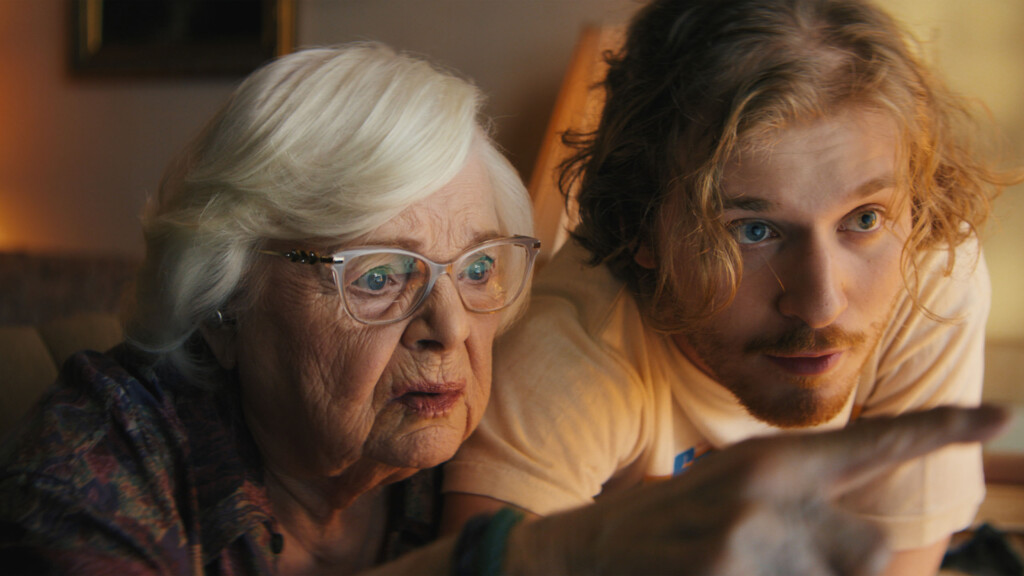 From Roger Freed:
From Roger Freed:
I’m writing this letter in response to your article on the heroin/opioid story, to provide a bit of insight to the other side of your “other side story”.
Some people call their homes their castle, but there are a lot of us, whose cars are our castles. My Subaru was the place I kept all my tools, it was where I often slept for camping trips–it was by far my most valuable possession and it was stolen by a drug addict (4 months ago). I had just gone for ten years without an auto, but now felt like I needed to join the rest of society and own a vehicle. It made life a lot easier and I had a lot more freedom to explore the world and its wonders. I had spent most of this summer exploring southern Utah and the wondrous slot canyons and National Parks there between working. My car was my transport, my protection in ill weather, my machine for getting and keeping a job, and my magic carpet to wondrous places. Then, abruptly, that all came crashing down one night.
My beloved car was stolen from Trader Joe’s parking lot in the Trolley Square area on a cold December evening two months ago. I wandered the lot for a full fifteen minutes not believing that someone would steal a twenty year old car when there were so many nicer ones around. The cop who finally showed up explained that drug addicts are targeting older Subarus because it is easy to manipulate the ignition system. I then had to walk a bad neighborhood at night trying to get a Greyhound home to the mountains for which there were none that time of night, and being new to the area and not knowing anyone I finally had to pay a $65 fare, then walk 4 miles climbing over barbed fences to get home in the cold, had to start walking 1 ½ miles to catch a bus to work both ways, take shorter shifts with less hours at work because of the commute, almost became homeless when I considered camping out to be nearer to work, and lost groceries, possessions, tools, and phone taken in the car.
When my car was found totaled 4 days later I had to pay the ripoff tow company, that the police used to pick up my car, $420 for towing and storage because I could not get to SL right away. Being an older car I only had liability insurance on it. I had to sell this car, that I had paid $3000 for six months earlier, to a junk yard for $171. Half of that amount went to the crooked tow company for taking the car there. It is standard police procedure in SL to farm the towing out to different companies in the city. I had the luck to get Dealership Towing Company who charged the highest rates allowed by law and who could legally bill me for four days keep even though they only had it in their ‘storage’ (a fenced lot in a cheap rent part of State Street) for three days.
I depended on my car for work and to get anywhere as I lived out in the boonies. Because I had an auto my job put me in housing away from town so that the employees who didn’t have cars could live next to work. Now without a car this remote apartment became a noose around my neck. It became a major expedition just to get to work and to get groceries.
In the back of my trashed out car were items from other cars the addict had broken into. Apparently I wasn’t the only one who had suffered because of one individual’s need for a high.
I had especially chosen this type of Subaru because of its storage capacity for moving and camping and because of their dependability and relatively good gas mileage. I had planned on having it for my big move to a rural location when I found land to buy. I had just finished getting it in the shape I needed it to be in. Did I mention the new tires? Now it all was gone along with the tools I kept in it for emergencies.
In the Old West they would hang a horse thief (a car is a modern horse, we rely greatly on them). In China they shoot drug addicts and make the families pay for the bullets. In the Philippines they just plain shoot them and leave them lie. I am not saying these are good alternatives, by on the other hand do we have to spend even more taxpayer money to coddle irresponsible leeches?






